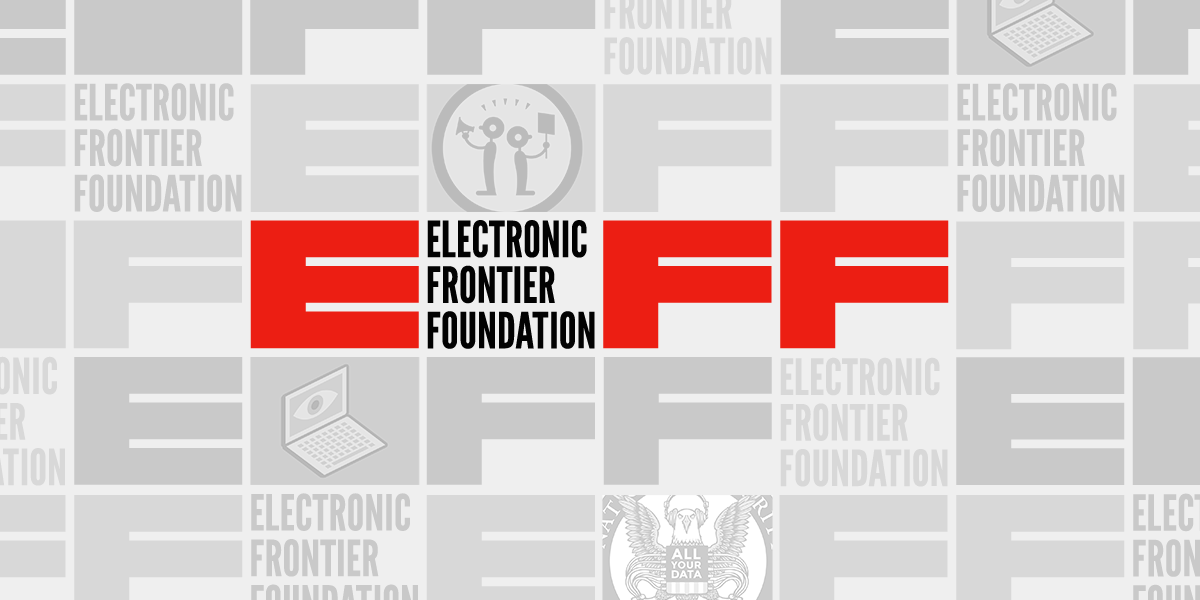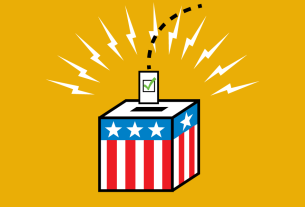It’s a simple proposition: no single country should be able to restrict speech across the entire internet. Any other approach invites a swift relay race to the bottom for online expression, giving governments and courts in countries with the weakest speech protections carte blanche to edit the internet.
Unfortunately, governments, including democracies that care about the rule of law, too often lose sight of this simple proposition. That’s why EFF, represented by Johnson Winter Slattery, has moved to intervene in support of X, formerly known as Twitter’s legal challenge to a global takedown order from Australia’s eSafety Commissioner. The Commissioner ordered X and Meta to take down a post with a video of a stabbing in a church. X complied by geo-blocking the post so Australian users couldn’t access it, but it declined to block it elsewhere. The Commissioner asked an Australian court to order a global takedown.
Our intervention calls the court’s attention to the important public interests at stake in this litigation, particularly for internet users who are not parties to the case but will nonetheless be affected by the precedent it sets. A ruling against X is effectively a declaration that an Australian court (or its eSafety Commissioner) can prevent internet users around the world from accessing something online, even if the law in their own country is quite different. In the United States, for example, the First Amendment guarantees that platforms generally have the right to decide what content they will host, and their users have a corollary right to receive it.
We’ve seen this movie before. In Google v Equustek, a company used a trade secret claim to persuade a Canadian court to order Google to delete search results linking to sites that contained allegedly infringing goods from Google.ca and all other Google domains, including Google.com and Google.co.uk. Google appealed, but both the British Columbia Court of Appeal and the Supreme Court of Canada upheld the order. The following year, a U.S. court held the ruling couldn’t be enforced against Google US.
The Australian takedown order also ignores international human rights standards, restricting global access to information without considering less speech-intrusive alternatives. In other words: the Commissioner used a sledgehammer to crack a nut.
If one court can impose speech-restrictive rules on the entire Internet—despite direct conflicts with laws a foreign jurisdiction as well as international human rights principles—the norms of expectations of all internet users are at risk. We’re glad X is fighting back, and we hope the judge will recognize the eSafety regulator’s demand for what it is—a big step toward unchecked global censorship—and refuse to let Australia set another dangerous precedent.



